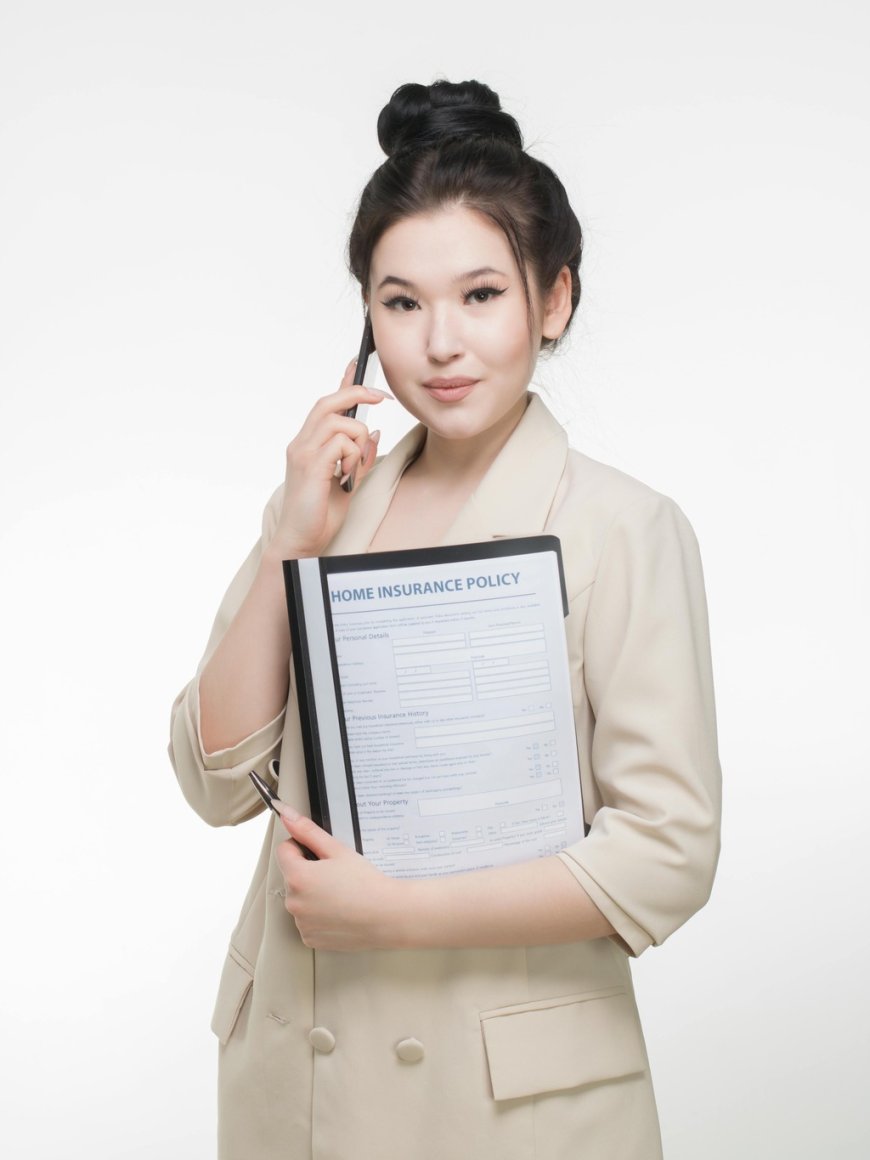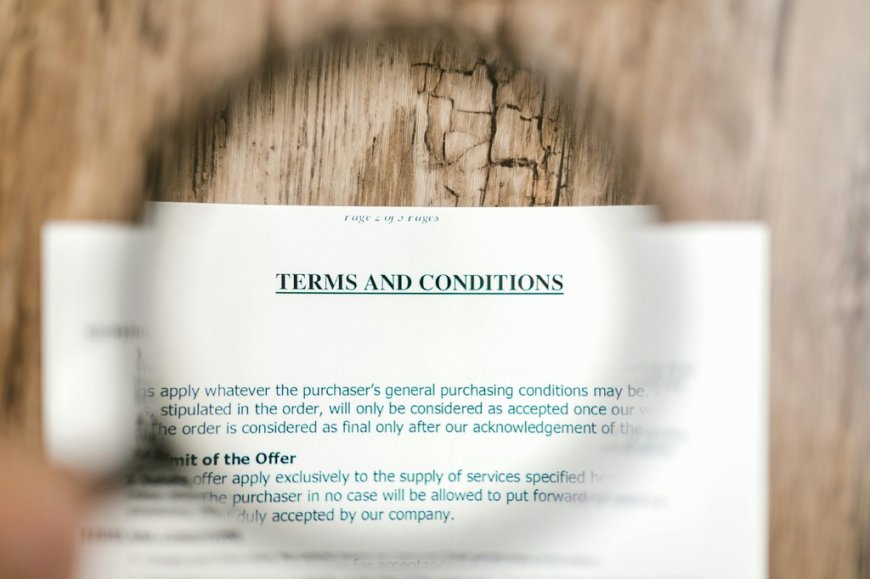How to choose best term insurance policy
How to choose best term Insurance ,How to buy term insurance, How to buy online term insurance ,term insurance ,health insurance, type of insurance, term insurance plan

“How to choose best term insurance policy”
Choosing the best term insurance policy involves a combination of understanding your needs, comparing various features, and evaluating different insurers. Here’s a step-by-step guide to help you make the best decision:

1) Assess Your Insurance Needs
Coverage Amount: Determine how much coverage you need by evaluating factors like your income, liabilities (loans, debts), dependents, future expenses (children’s education, spouse's retirement), and any other financial obligations.
Policy Duration: Choose a policy term that aligns with your financial responsibilities. For instance, if you have young children, a longer term (e.g., 20-30 years) may be ideal to provide coverage until they are independent.
Riders: Consider additional riders (accident, disability, critical illness) to enhance your policy's protection.
2) Policy Type
Level Term Insurance: Provides a fixed death benefit and premiums that remain constant throughout the term.
Increasing Term Insurance: The death benefit increases over time, which may help combat inflation.
Decreasing Term Insurance: The death benefit decreases over time, which is often used for covering reducing liabilities like home loans.
3) Premium Affordability
Compare premiums across different insurers for similar coverage and terms. Make sure the premiums are affordable in the long term and within your budget.
Online Plans: often come with lower premiums since there are fewer intermediaries involved.

4) Claim Settlement Ratio
Look at the insurer’s “claim settlement ratio”, which indicates the percentage of claims settled successfully. A higher ratio suggests better reliability and customer service.
5) Insurer’s Reputation and Financial Strength
Research the insurer’s financial stability, customer service reviews, and their track record in claim settlement. Trusted, reputable companies typically have more consistent and reliable operations.
6) Policy Flexibility
Ensure the policy allows for flexibility in terms of renewing the policy after the term ends or converting the term policy into a whole life policy.
7) Online vs. Offline
Online Term Insurance plans are often cheaper, as they eliminate agent commissions. However, offline plans may offer personalized guidance if needed.

8) Exclusions & Terms
Read the fine print to understand what is covered and what is not (e.g., suicide clauses, exclusions for pre-existing conditions, etc.).
9) Tax Benefits
Term insurance policies typically offer tax benefits under “Section 80C” (premium payments) and “Section 10(10D)” (death benefit). Make sure you take full advantage of these benefits.
10) Review the Insurer’s Customer Service
Efficient customer service ensures smoother claims and timely policy updates. Check online reviews or ask for feedback from existing policyholders.
Final Thought:
Choosing the best term insurance is a balance between adequate coverage, affordability, and the insurer's credibility. Ensure you do thorough research, and if needed, consult a financial advisor to select the best plan for your situation.

You can take consultation with us for better financial adviser and manage your money wisely. Do connect with us @ www.moneyworkforu.in or mail us @ yourmoneyworkforyou@gmail.com
Thanks for your valuable time being with us. Please do comment...
What's Your Reaction?






































